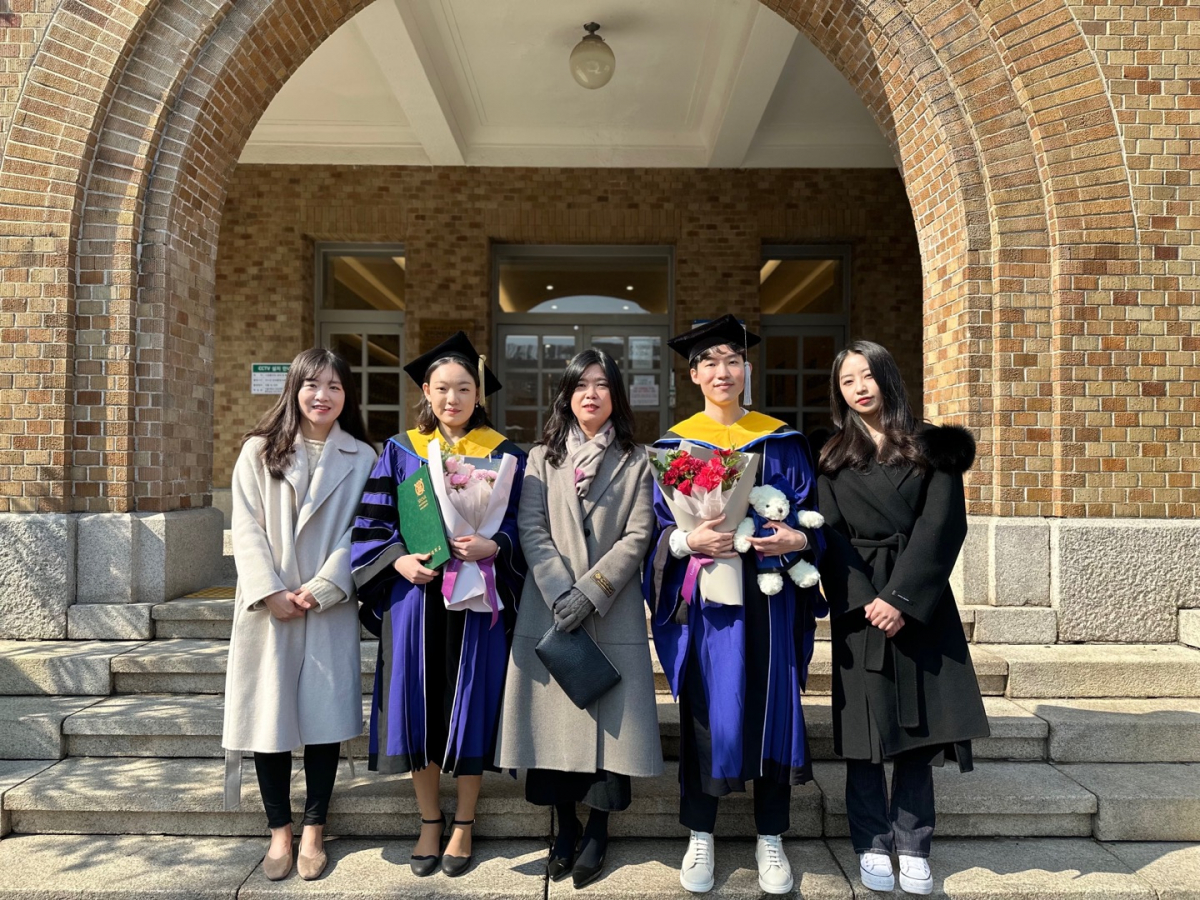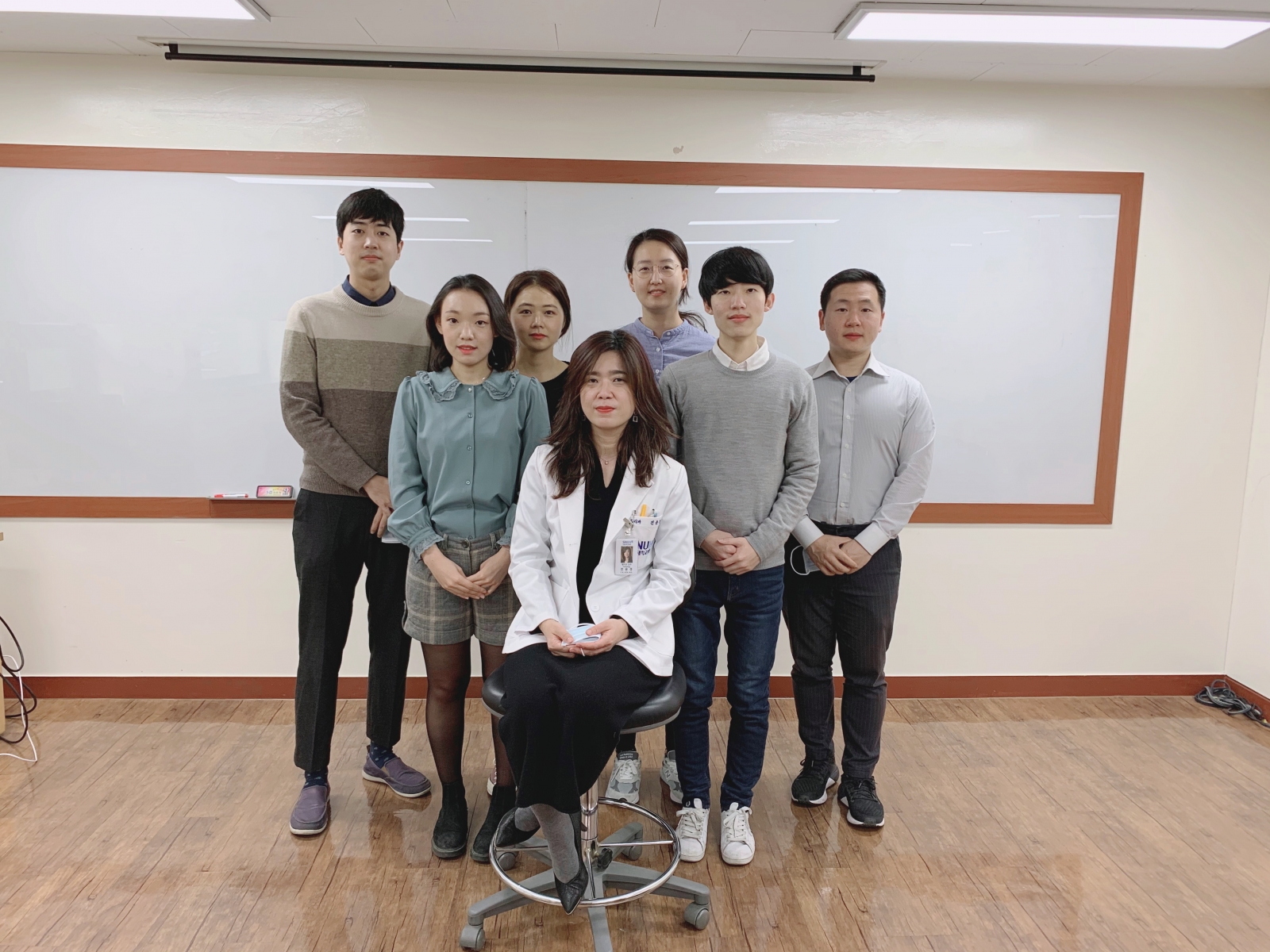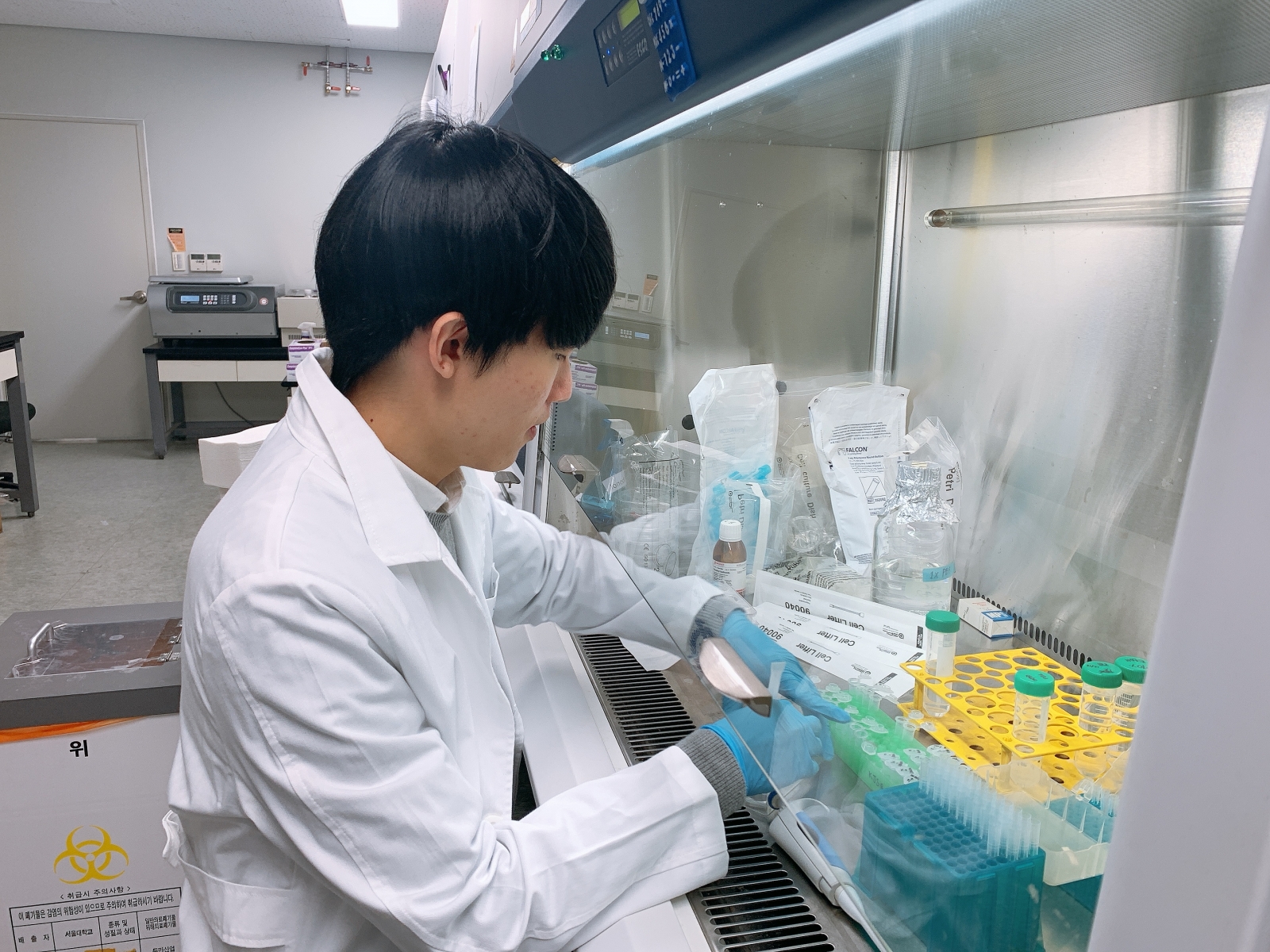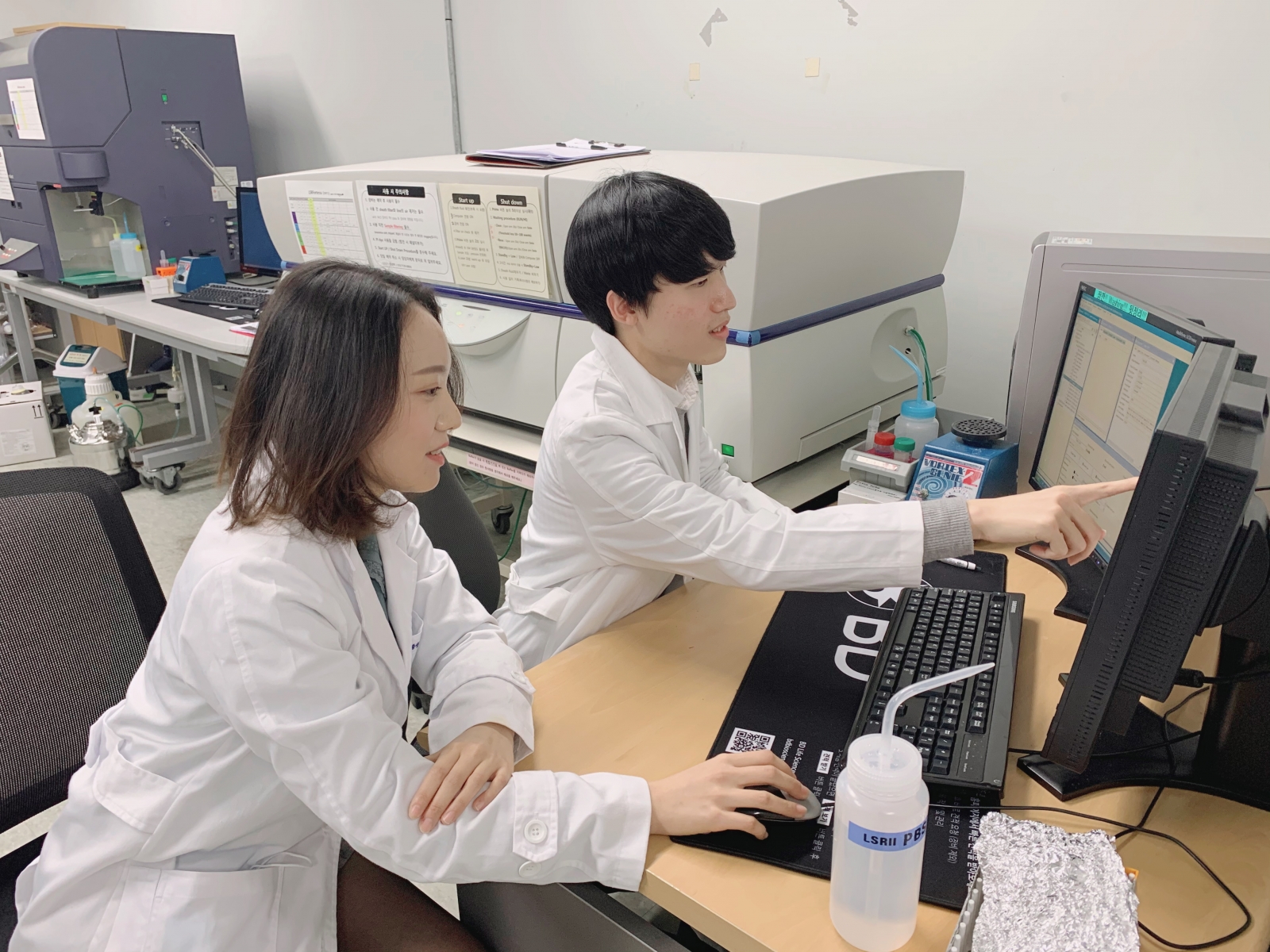
Overview
Laboratory Introduction
Laboratory for Tumor Immunology and Pathology
Laboratory for Tumor Immunology and Pathology
Our main aim is to understand the immune evasion mechanisms which result from the tumor-immune interactions and to develop novel immunotherapeutic strategies. To achieve this goal, we bring together expertise in immunology, experimental modern genomics/transcriptomics, and experimental biology to perform bench-to-bedside or bedside-to-bench translational research to decipher the genetic and immunologic mechanisms that underlie immune-oncologic process. We are particularly interested in the pathogenesis and immune-oncologic processes in malignant lymphoma, lung cancer and head and neck cancer.
Related Researcher
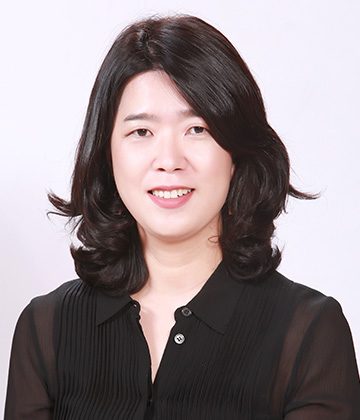
Yoon Kyung Jeon Professor
- Email : ykjeon@snu.ac.kr
Research topics
I. Tumor microenvironment and immune regulation The interactions between tumor cells and immune system are crucial elements of tumorigenesis and cancer evolution. We study the development of tumor immune microenvironment and mechanisms of immune-oncologic regulation and immune evasion in malignant lymphoma, lung cancer and head and neck cancer. Besides, we aim to understand the trajectory of immune-oncologic process along the course of cancer evolution. II. Cancer stress response Stress adaptation strategies implemented by cancer cells are promising targets of novel anti-cancer therapeutics. We study ER stress responses and mitochondrial proteins including ANT family in the view of therapeutic vulnerabilities. III. Deciphering lymphoma pathogenesis through analysis of genomics/transcriptomics data We study the pathogenesis and tumor microenvironment of malignant lymphoma by combining the power of genomics/transcriptomics together with biological experiments in cell lines and patient derived samples.
Research goals
Research achievements
Kim S, Jang JY, Koh J, Kwon D, Kim YA, Paeng JC, Ock CY, Keam B, Kim M, Kim TM, Heo DS, Chung DH, Jeon YK. Programmed cell death ligand-1-mediated enhancement of hexokinase 2 expression is inversely related to T-cell effector gene expression in non-small-cell lung cancer. J Exp Clin Cancer Res. 2019 Nov 12;38(1):462. Ahn HK, Kim S, Kwon D, Koh J, Kim YA, Kim K, Chung DH, Jeon YK. MET Receptor Tyrosine Kinase Regulates the Expression of Co-Stimulatory and Co-Inhibitory Molecules in Tumor Cells and Contributes to PD-L1-Mediated Suppression of Immune Cell Function. Int J Mol Sci. 2019 Sep 1;20(17):4287 Yim J, Koh J, Kim S, Song SG, Ahn HK, Kim YA, Jeon YK, Chung DH. Effects of B7-H3 expression on tumour-infiltrating immune cells and clinicopathological characteristics in non-small-cell lung cancer. Eur J Cancer. 2020 Jul;133:74-85. Koh J, Jang JY, Keam B, Kim S, Kim MY, Go H, Kim TM, Kim DW, Kim CW, Jeon YK, Chung DH. EML4-ALK enhances programmed cell death-ligand 1 expression in pulmonary adenocarcinoma via hypoxia-inducible factor (HIF)-1α and STAT3. Oncoimmunology. 2015 Oct 29;5(3):e1108514. Kim S, Nam SJ, Park C, Kwon D, Yim J, Song SG, Ock CY, Kim YA, Park SH, Kim TM, Jeon YK. High tumoral PD-L1 expression and low PD-1+ or CD8+ tumor-infiltrating lymphocytes are predictive of a poor prognosis in primary diffuse large B-cell lymphoma of the central nervous system. Oncoimmunology. 2019 Jun 10;8(9):e1626653. Han B, Kim S, Koh J, Yim J, Lee C, Heo DS, Kim TM, Paik JH, Jeon YK. Immunophenotypic Landscape and Prognosis of Diffuse Large B-Cell Lymphoma with MYC/BCL2 Double Expression: An Analysis of A Prospectively Immunoprofiled Cohort. Cancers (Basel). 2020 Nov 9;12(11):3305 Koh J, Jang I, Choi S, Kim S, Jang I, Ahn HK, Lee C, Paik JH, Kim CW, Lim MS, Kim K, Jeon YK. Discovery of Novel Recurrent Mutations and Clinically Meaningful Subgroups in Nodal Marginal Zone Lymphoma. Cancers (Basel). 2020 Jun 23;12(6):1669.

